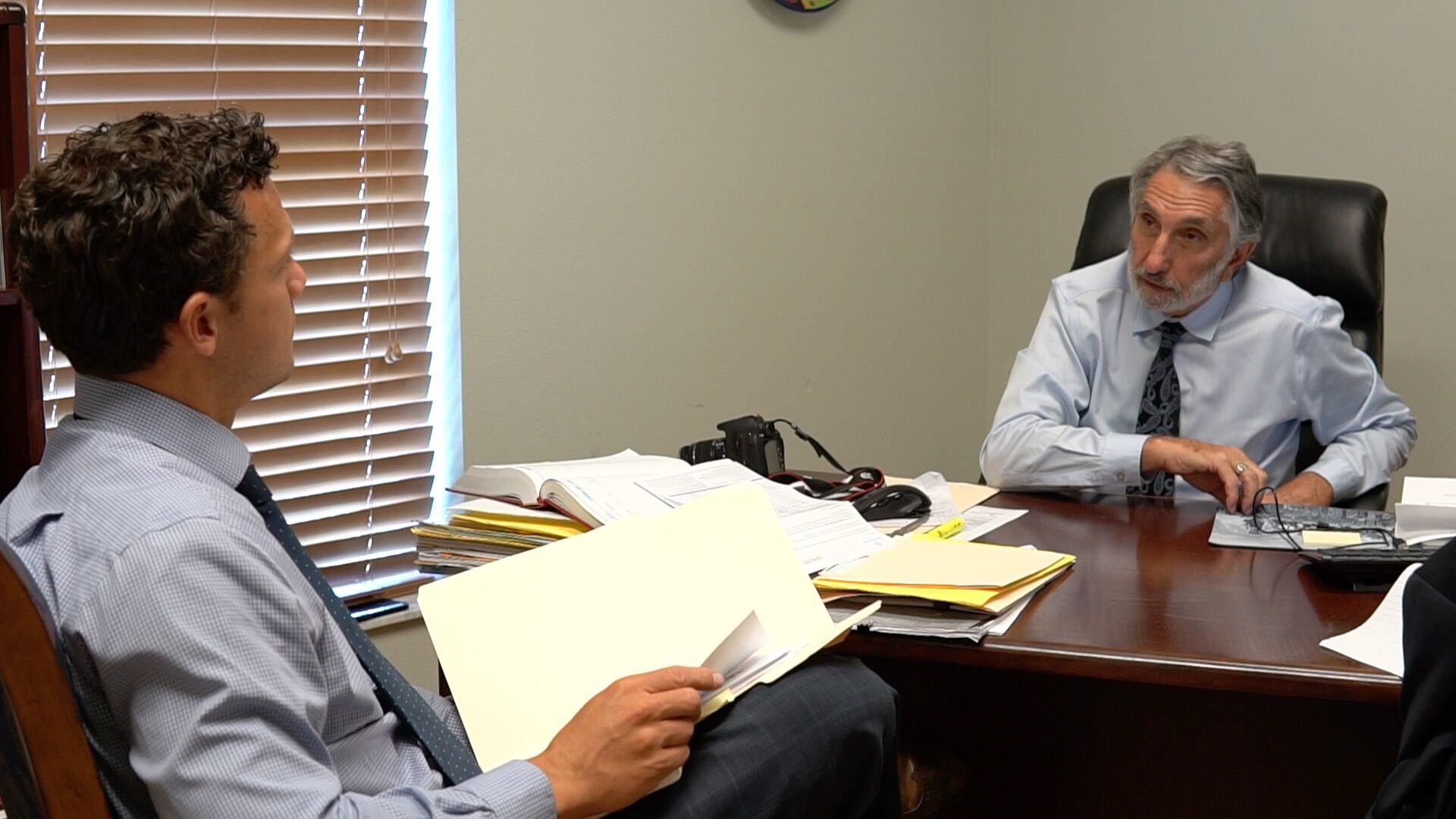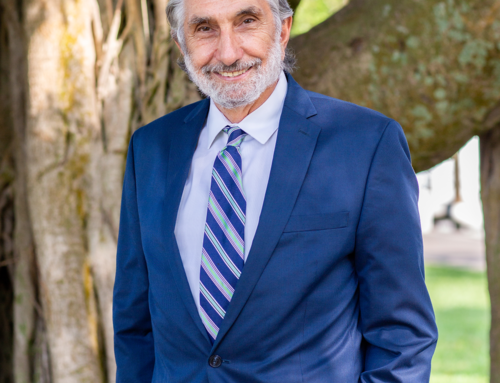All visas granted in the United States have an expiration date which is notated on your I-94. Individuals are expected to leave the country before their visa expires, but sometimes circumstances prevent this from happening.
When you overstay your visa, you may wonder about the penalties you face – or if there is a way to extend your visa to legally stay in the U.S. If you are in this position, or is your visa is approaching its expiration date, you should enlist the assistance of an immigration attorney as soon as possible.
Possible Penalties if You Overstay Your Visa
- Ban from Re-Entry: If you remain in the U.S. for more than 180 days but less than one year after the expiration of your visa, you will be banned from legally re-entering the United States for 3 years. If you remain in the U.S. for more than one year after the expiration of your visa, you will be banned from reentry for 10 years. Both of these situations also assume that formal removal proceedings have not taken place.
- Denial of Extension or Status Change: If you remain in the U.S. after the expiration date on your visa, you are barred from extending your stay or changing to another nonimmigrant status. However, if you file for an Extension of Stay or Change/Adjustment of Status before the period of authorized stay expires, you will be considered to be maintaining status until a decision is made in your case.
- Voiding of Your Visa: If you overstay your visa even for a day, the visa is automatically voided.
- No Consulate Option: The law states that if you stay beyond your authorized period, you must return to your home country to obtain a new visa. If there is no consulate in your country of origin, the Secretary of State may designate a third country from which a new visa may be issued.
What Are Your Options?
If you have overstayed your visa, you may be eligible to apply for a waiver. This waiver, if granted, would allow you to avoid the 3 or 10 year ban on your reentry.
The statute offers a specific waiver for foreign nationals who are the spouse, or son or daughter of a U.S. citizen or permanent resident. The waiver is not applicable if you only have children who are U.S. citizens or permanent residents. To benefit from this option, you must prove that your U.S. citizen/ permanent resident spouse or parents will undergo “extreme hardship” if you are barred from returning to the U.S.
There may be circumstances which may allow you to have your visa extended or reissued, but you will need a legal assistance for your immigration case. The immigration climate is ever changing, and you should not have to live in fear of repercussions. By calling a local Sarasota immigration attorney, you can be assured that you are doing everything legally in your power to stay in the United States, if that is your goal.
Probinsky & Cole are passionate about our work in the area of immigration. We are here to help you in your quest for permanent resident or citizenship status, to help you file the right papers at the right times, and to understand your rights. Immigration law is a complex body of law which is evolving every day – don’t go it alone. Call our immigration attorney today.








